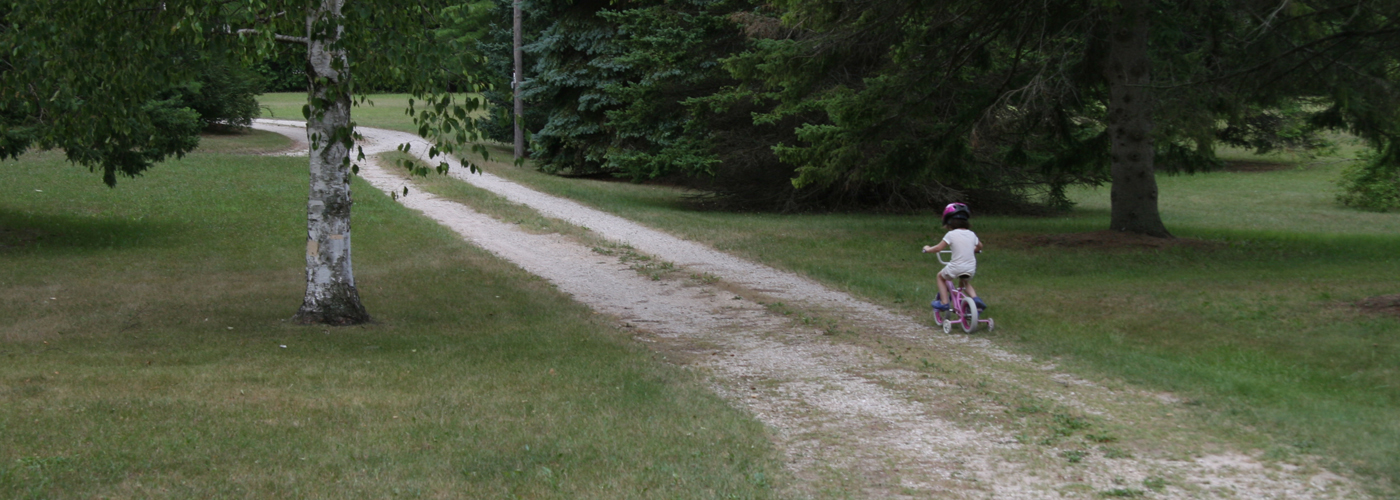The more I read about how to improve one’s writing, the more I come back around to storytelling. It’s the heart and soul.
Stories are everyone, just stop and think about it for a minute. When you get together with family friends, for instance, what happens? Someone inevitably starts telling a story. Same goes if you meet someone new at a party. How to you interact? You swap stories. We talk about the last time we saw each other: “Do you remember that time…?” Or some funny anecdote about a mutual friend.
And we not only want to tell, we want to listen. This is how we get our information, which is why, even in situations where we don’t know a single soul, we wind up peppering people with questions. “What’s your name? Where are you from? How long have you worked here? How did you meet the bride?”
And while we might be gaining factual information with each answer, what we’re also getting is a story. It’s how we relate to each other.
And while facts are interesting, it’s the stories that surround those facts that are, ultimately, the most captivating. The stories are the emotional connection, the things that touch our soul and make us pay attention and keep listening. Sure, if a person is a from a small town in Alaska, that can be an interesting factoid in itself. But aren’t you now curious to hear much more about that town in Alaska? To hear that person’s story? How long have they lived there? Where do they get their groceries, or go to school? Do they know how to hunt? Have they ever encountered a bear? How do they deal with the long, dark winters?
As filmmaker Andrew Stanton says in this TED Talk, “probably the greatest story commandment is, ‘make me care.'”
And ‘making you care’ is exactly what’s happening when that person tells you about their background growing up in Alaska. It’s why you keep listening. And why, the day after that party, you’re still thinking about that person and their story. They made you care.
So step back for a second. If the person you just met at a party, the one from the small town in Alaska, had just listed off the answers regarding their personal history as if they were bullet points in a business document, how interesting would that be? Chances are, not very. Which is where storytelling comes in. They may not think that they are telling a story when they give you an answer–and you may not think about it, either, as you are listening–but that’s exactly what’s going on.
Now turn this back around to your writing. Sure, you can present your document as a list of facts…but who’s going to read that without glazing over? We need more than a straight list of bullet points, we need context. So instead, when it comes to reaching your audience and holding their attention, the power of any document–whether it’s a personal essay, a piece of short fiction, or a business document loaded down with performance statistics–is in the story. Sure, you have a bunch of numbers, and OK, I believe you that they’re interesting. But why are they interesting? Can you give me some examples of how they apply in the real world? Put things into context for me, use those numbers to tell me a story.
This is why I believe that, when it comes to writing, storytelling is vital. When you sit down to write, what is the story you want to tell? That’s often a hard question, and one you may not know exactly when you sit down to write. As I’ve written before, that’s OK–there are numerous ways to help unlock what your intent, your ‘story,’ might be. But once you have a sense of that story–where it starts, how it unfolds, and where it might wind up–that’s when the writing begins to really flow.

